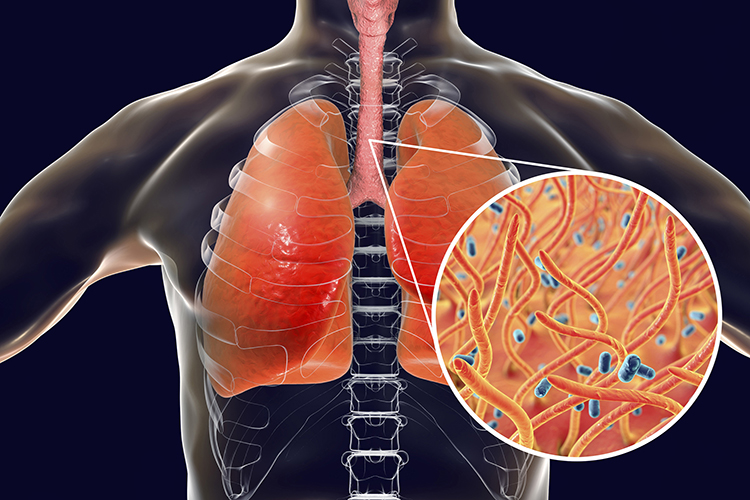Here are some key points about whooping cough:
-
Symptoms: The symptoms of whooping cough typically progress through several stages:
- Catarrhal Stage: This stage resembles a common cold with symptoms like a runny or stuffy nose, sneezing, mild cough, and low-grade fever.
- Paroxysmal Stage: This stage involves severe and prolonged coughing fits. These fits can be so intense that they may lead to vomiting, exhaustion, or turning blue due to a lack of oxygen. The "whooping" sound may occur during this stage.
- Convalescent Stage: After the paroxysmal stage, the cough gradually decreases but can persist for several weeks.
-
Transmission: Whooping cough is highly contagious and spreads through respiratory droplets when an infected person coughs or sneezes. It is most contagious during the early stages of the illness.
-
Vaccination: Vaccination, especially in childhood, is the most effective way to prevent whooping cough. The DTaP vaccine (diphtheria, tetanus, and acellular pertussis) is routinely administered to children in multiple doses, starting at 2 months of age.
-
Booster Shots: It is essential for adolescents and adults to receive booster shots to maintain immunity. The Tdap vaccine (tetanus, diphtheria, and acellular pertussis) is recommended every ten years. Pregnant women are also advised to get the Tdap vaccine during each pregnancy to protect their infants.
-
Treatment: Treatment typically involves antibiotics, such as azithromycin or erythromycin, to reduce the severity and duration of the illness. Supportive care, such as staying well-hydrated and using humidifiers, can help manage symptoms.
-
Complications: Whooping cough can lead to various complications, particularly in infants and young children. These may include pneumonia, seizures, encephalopathy (brain disease), and in rare cases, death.
-
Precautions: If you suspect you or your child has whooping cough, it is crucial to seek medical attention promptly. Isolation measures should be taken to prevent the spread of the disease to others.
-
Herd Immunity: Achieving a high vaccination rate in the population helps protect those who cannot be vaccinated, such as infants too young to receive vaccines. This is known as herd immunity.
-
Eradication: Although vaccination has significantly reduced the incidence of whooping cough, the disease has not been eradicated, and periodic outbreaks still occur.
It's important to be aware of the signs and symptoms of whooping cough, particularly if you or your child is not up to date with vaccinations. Early diagnosis and treatment are essential for managing the disease and reducing the risk of complications. If you suspect you have whooping cough or have been in close contact with an infected individual, consult a healthcare provider for guidance and appropriate care.




Comments (0)